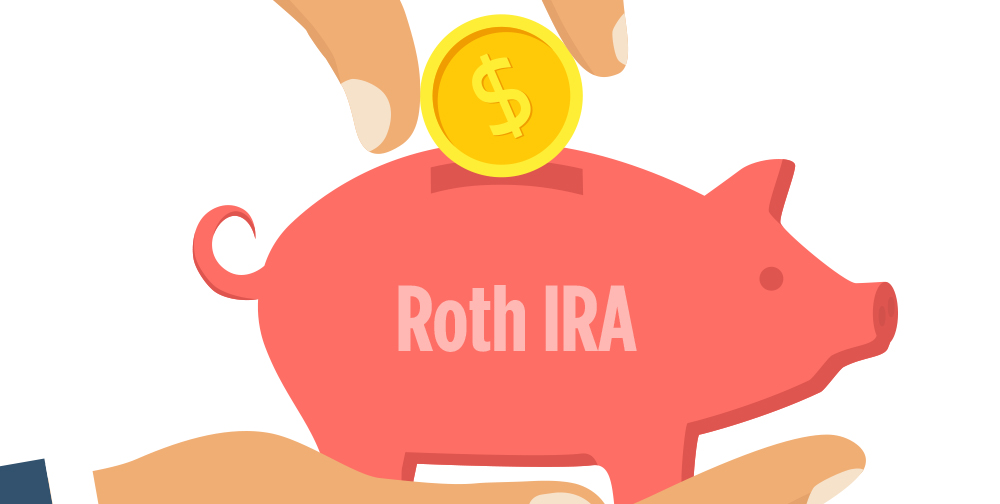
Before investing anything, getting out of consumer debt, saving-up a fully-funded emergency fund, and contributing 15% into retirement are the most prudent steps to take to financially thrive. After that, there’s freedom to deploy extra money in a variety of ways depending on your preferences and goals.
Whether it’s a meager raise at work or a sizable inheritance, knowing your financial goals helps provide clarity on what to do next regardless of the amount of money you come into – be it $1,000 or $1,000,000.
Below are 10 ways to invest each dollar above your emergency fund:
1. Save For Large Upcoming Expenses

- Examples include an upcoming wedding or baby birth, a car replacement, and a house down payment.
- Don’t risk this money – place it in a high-yield savings or money market account or short-term CD.
2. Pay-Off Your House

- Having no mortgage payment is a beautiful thing.
- As Uncle Dave says, “100% of foreclosures happen to homes that have mortgages”.
3. Max-Out 401(k) Contributions

- The 2020 Roth 401(k) and traditional 401(k) limit is $19,500 with certain IRS restrictions.
- These are pre-tax dollars and your growth is taxed when you withdraw funds.
4. Max-Out Roth IRA Contributions

- The 2020 limit is $6,000 for those under 50 & $7,000 for those over 50.
- These are post-tax contributions and the growth is entirely tax-free.
5. Max-Out Health Savings Account (HSA) Contributions

- The 2020 individual limit is $3,550 & the family limit is $7,100
- These contributions are not subject to federal income tax and most states also don’t tax HSAs.
- You can invest the money in your HSA in certain mutual funds and any interest and earnings grow tax-free.
- Any unused HSA funds roll over into the next year.
- To learn more about HSAs, click here.
6. Max-Out 529 Plans

- Much like Roth IRAs, 529 Plans are funded with post-tax money.
- 529 Plans are not taxed federally when used for qualified higher education expenses.
7. Mutual Funds & Index Funds

- It’s not a good idea to pick individual stocks – diversify with mutual funds & index funds.
- Fidelity & Vanguard have great options with reasonable fees.
8. Real Estate

- Not everyone has “the landlord gene”, but a good piece of real estate has numerous advantages, including consistent cash-flow and a myriad of tax deductions.
- Some ways to get in the real estate game include buying rental property, fixing-up a room in your home, building an in-law unit, and buying a “tiny house” to place on your property to rent-out.
9. Peer-To-Peer (P2P) Lending

- Peer-to-peer lending isn’t for everyone – there are service fees and the potential to lose money if your borrower(s) default.
- There is also a likelihood that a percentage of borrowers misrepresent themselves and slip through the vetting process.
- That being said, P2P lending is a great way for the average investor to dabble in the world of angel investing.
10. Give!

- Investing in your church, your community, or a charity you’re fond of may not provide you a monetary return, but it does often result in positive outcomes to the individuals and organizations you support.
- As an added benefit, many charitable donations are tax deductible.
Affiliate Disclosure: As an Amazon Associate, I earn from qualifying purchases.
Enter your email in the “Subscribe” box to receive the latest Financial Thriving blog post.
Brendan
how to watch free putlocker movies
dewi365